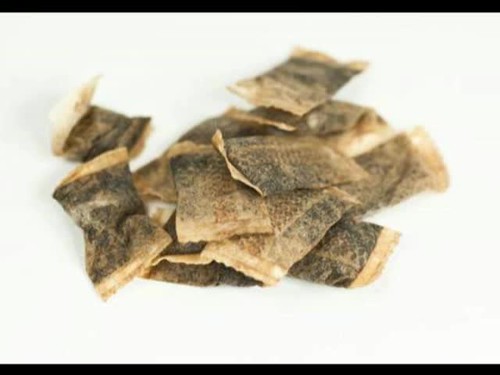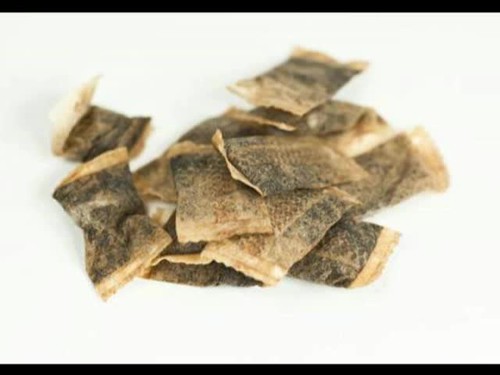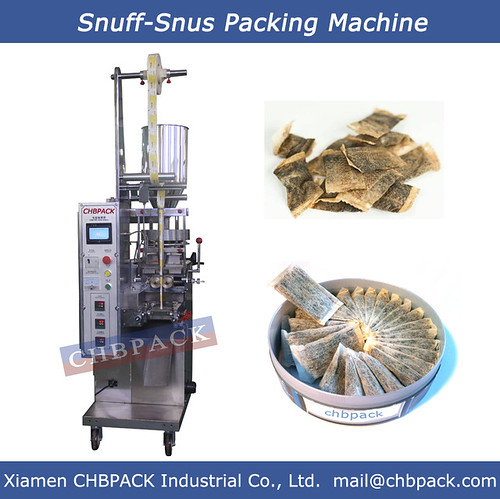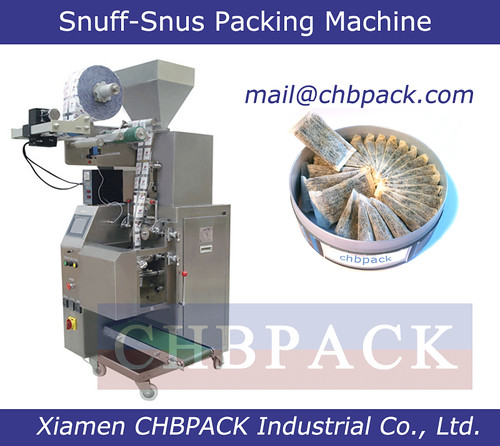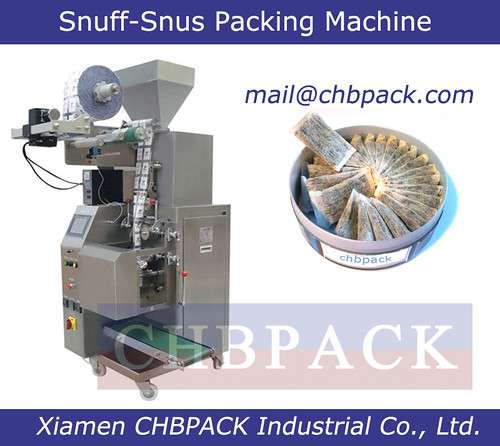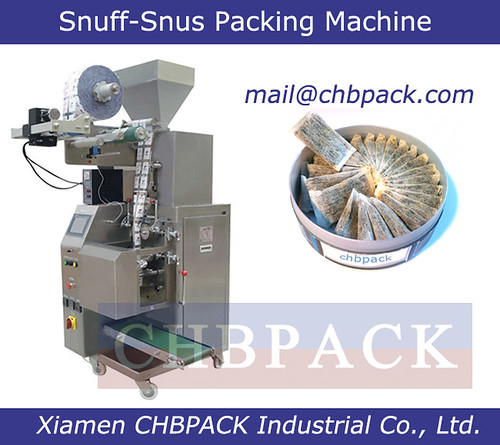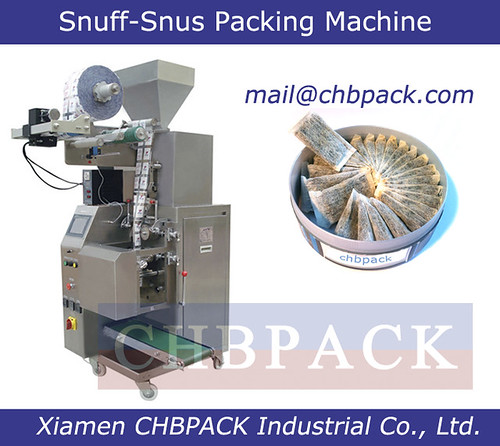Snuff-Snus packing machine video
Snuff-Snus packing machine
2013年7月3日星期三
Snuff It originated in the Americas and was in common use in Europe by the 17th century.
Snuff is a product made from a variety of ground or pulverised tobacco leaves. It is an example of smokeless tobacco. It originated in the Americas and was in common use in Europe by the 17th century.
It is insufflated (inhaled) or "snuffed" into the nasal cavity (into each nostril), delivering a swift 'hit' of nicotine and a lasting flavoured scent (especially if flavouring has been blended with the tobacco). Traditionally it is sniffed or inhaled lightly after a pinch of snuff is placed onto the back surface of the hand or held pinched between thumb and index finger, as well as using specially made "snuffing" devices. There is a general misconception associated with "the snuff sniff". The nicotine in snuff is absorbed through the mucus membrane, so a pinch of snuff only needs to get into the nose. Most snuffers agree that if the snuff gets into the sinuses, one is inhaling too strongly.
Traditional snuff production consists of a lengthy, multi-step process, in tobacco snuff mills. The selected tobacco leaves are first subject to special tobacco curing or fermentation processes, where they will later provide the individual characteristics and flavour for each type of snuff blend. Snuff is usually scented or flavoured, with many blends of snuff requiring months to years of special storage to reach the required maturity. Typical traditional flavours are varieties of carefully blended tobacco leaves considered original "fine snuff" without any addition of scents or essences, varieties of spice, piquant, fruit, floral, and mentholated (also called "medicated") soon followed, either pure or in blends. Each snuff manufacturer usually has a variety of unique recipes and blends, as well as special recipes for individual customers. Common flavours also include coffee, chocolate, bordeaux, honey, vanilla, cherry, orange, apricot, plum, camphor, cinnamon, rose and spearmint. Modern flavours include Bourbon, Cola and whisky. Traditional classic German snuff blends are the piquant Schmalzler and Brasil.
It is insufflated (inhaled) or "snuffed" into the nasal cavity (into each nostril), delivering a swift 'hit' of nicotine and a lasting flavoured scent (especially if flavouring has been blended with the tobacco). Traditionally it is sniffed or inhaled lightly after a pinch of snuff is placed onto the back surface of the hand or held pinched between thumb and index finger, as well as using specially made "snuffing" devices. There is a general misconception associated with "the snuff sniff". The nicotine in snuff is absorbed through the mucus membrane, so a pinch of snuff only needs to get into the nose. Most snuffers agree that if the snuff gets into the sinuses, one is inhaling too strongly.
Traditional snuff production consists of a lengthy, multi-step process, in tobacco snuff mills. The selected tobacco leaves are first subject to special tobacco curing or fermentation processes, where they will later provide the individual characteristics and flavour for each type of snuff blend. Snuff is usually scented or flavoured, with many blends of snuff requiring months to years of special storage to reach the required maturity. Typical traditional flavours are varieties of carefully blended tobacco leaves considered original "fine snuff" without any addition of scents or essences, varieties of spice, piquant, fruit, floral, and mentholated (also called "medicated") soon followed, either pure or in blends. Each snuff manufacturer usually has a variety of unique recipes and blends, as well as special recipes for individual customers. Common flavours also include coffee, chocolate, bordeaux, honey, vanilla, cherry, orange, apricot, plum, camphor, cinnamon, rose and spearmint. Modern flavours include Bourbon, Cola and whisky. Traditional classic German snuff blends are the piquant Schmalzler and Brasil.
订阅:
博文 (Atom)
